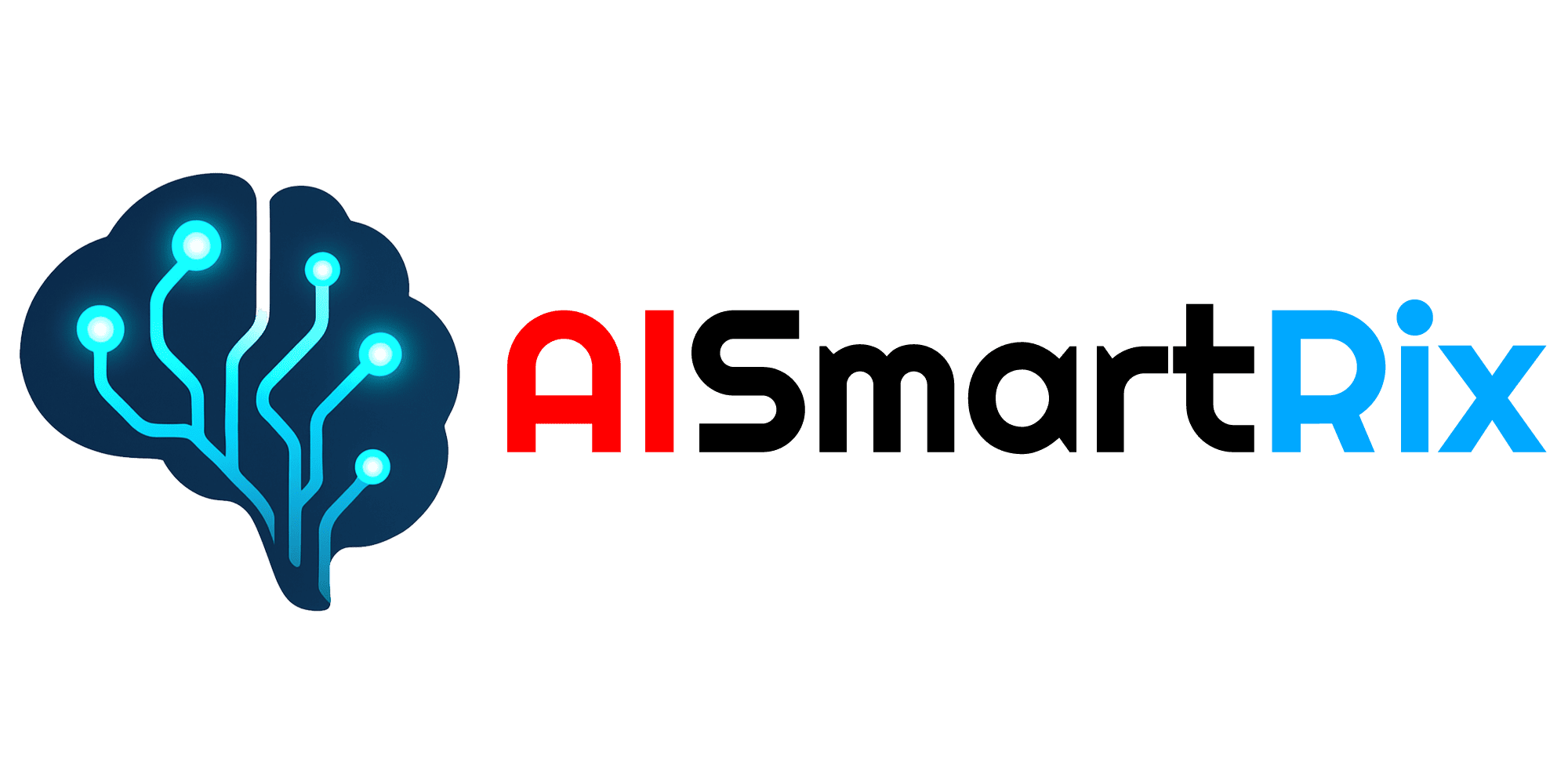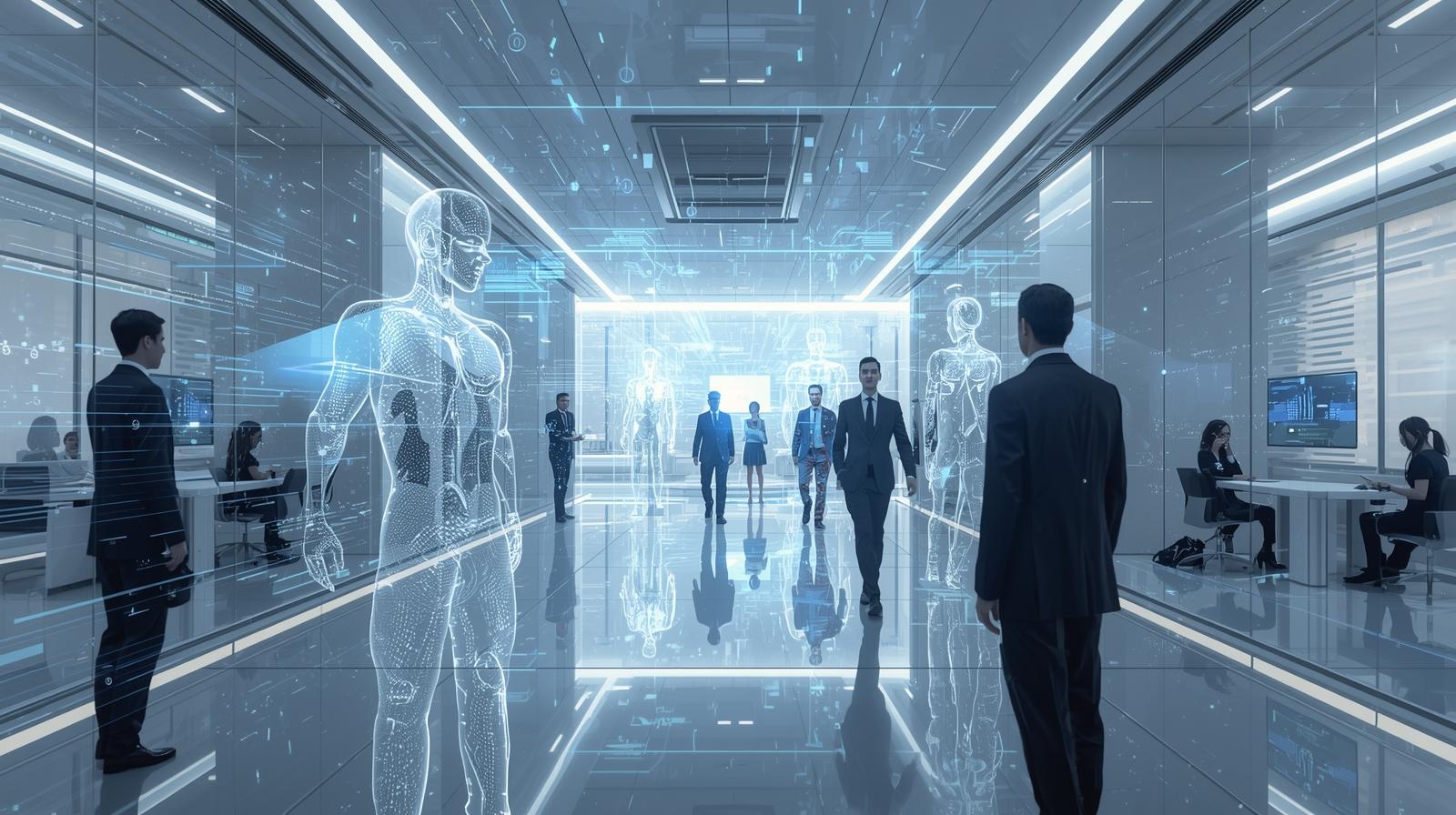Downloadable Employees: How Agentic AI Is Becoming the New Digital Workforce
The workplace of the future is rapidly transforming, and the rise of agentic AI—autonomous, self-directed artificial intelligence—promises to redefine how organizations operate. Gone are the days when AI was simply a tool for automation; today, AI can act as “downloadable employees”, executing complex tasks, making decisions, and even collaborating with human teams.
In this article, we explore what agentic AI is, how downloadable employees are reshaping the workforce, real-world applications, benefits, challenges, and the ethical implications of having AI act as autonomous digital workers.
1. Understanding Agentic AI
Agentic AI refers to artificial intelligence systems that possess a degree of autonomy and decision-making capabilities, allowing them to act independently in specific contexts. Unlike traditional AI, which requires constant human supervision, agentic AI can:
- Plan tasks and workflows based on predefined objectives.
- Interact with digital systems, APIs, and platforms autonomously.
- Learn from past experiences to improve performance.
- Collaborate with human employees or other AI agents.
Effectively, these AI systems can be “downloaded” into an organization, functioning as digital employees that work around the clock, without fatigue or breaks.
2. The Concept of Downloadable Employees
The idea of downloadable employees is reshaping how companies approach staffing and productivity. Key aspects include:
- Scalability: Organizations can deploy multiple instances of an AI agent to handle tasks simultaneously.
- Cost Efficiency: Reduces reliance on human labor for repetitive, time-consuming, or data-intensive tasks.
- 24/7 Operation: Digital employees can work continuously without downtime.
- Rapid Onboarding: New AI agents can be trained and deployed faster than hiring and training human employees.
Companies are increasingly integrating agentic AI into customer service, finance, operations, and even creative tasks, creating hybrid teams of humans and AI workers.
3. Applications of Agentic AI in the Digital Workforce
Agentic AI is proving transformative across multiple sectors:
- Customer Support: AI chatbots and virtual assistants handle queries autonomously, escalating only complex issues to humans.
- Data Analysis: AI agents can process large datasets, generate insights, and even produce reports with minimal human oversight.
- Marketing Automation: From content creation to campaign management, AI handles repetitive marketing workflows efficiently.
- Finance & Accounting: Agentic AI can reconcile accounts, detect anomalies, and optimize financial operations.
- Research & Development: AI agents assist in simulations, testing, and pattern recognition in scientific and industrial research.
These applications show that agentic AI can complement human expertise while performing tasks that are tedious, complex, or time-sensitive.
4. Benefits of the Digital AI Workforce
Implementing downloadable employees provides organizations with several advantages:
- Enhanced Productivity: AI can execute tasks faster and more accurately than humans.
- Operational Flexibility: Organizations can scale their workforce up or down instantly.
- Innovation Acceleration: Freeing human employees from repetitive tasks allows them to focus on creative and strategic work.
- Global Reach: AI agents operate across time zones, enabling organizations to function globally without additional staff.
By leveraging agentic AI, companies can achieve unprecedented efficiency and agility in their operations.
5. Challenges and Ethical Considerations
Despite the promise of downloadable employees, challenges remain:
- Ethical Responsibility: Who is accountable for AI decisions or mistakes?
- Job Displacement Concerns: Will human workers be replaced by digital employees?
- Bias and Fairness: AI agents may inherit biases from training data, impacting outcomes.
- Security Risks: Agentic AI interacting with sensitive systems requires robust cybersecurity measures.
Organizations must carefully balance automation with human oversight and ethical considerations to ensure a sustainable and responsible AI workforce.
6. The Future of Work with Agentic AI
The adoption of agentic AI and downloadable employees is projected to accelerate in the coming years, with several trends on the horizon:
- Hybrid Workforces: Humans and AI agents working side by side, combining creativity, judgment, and computational efficiency.
- Industry-Specific AI Agents: Specialized AI employees tailored for healthcare, finance, law, and education.
- Self-Improving AI: Agents that continuously learn and optimize performance autonomously.
- Global AI Teams: Organizations managing teams of AI agents distributed across digital platforms worldwide.
The future workplace will likely be a seamless blend of human and digital intelligence, driving innovation, efficiency, and new business models.
Conclusion
Agentic AI is no longer science fiction. Downloadable employees are becoming a reality, transforming industries and redefining the future of work. By deploying autonomous AI agents, organizations can scale operations, enhance productivity, and foster innovation like never before.
As the digital workforce grows, the critical question arises: how prepared are companies to integrate AI agents responsibly, and how will humans and AI collaborate for maximum impact in the next decade?





